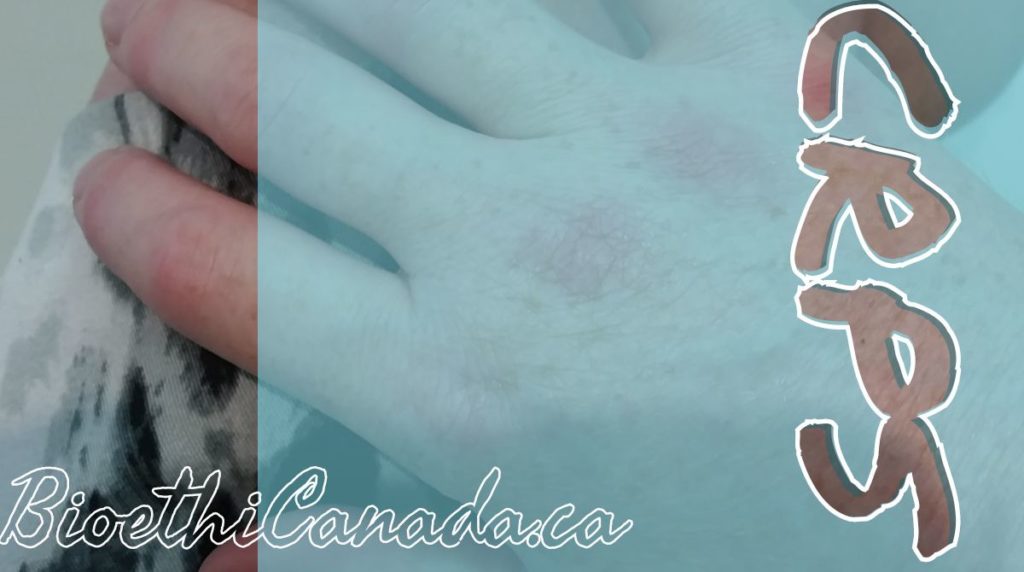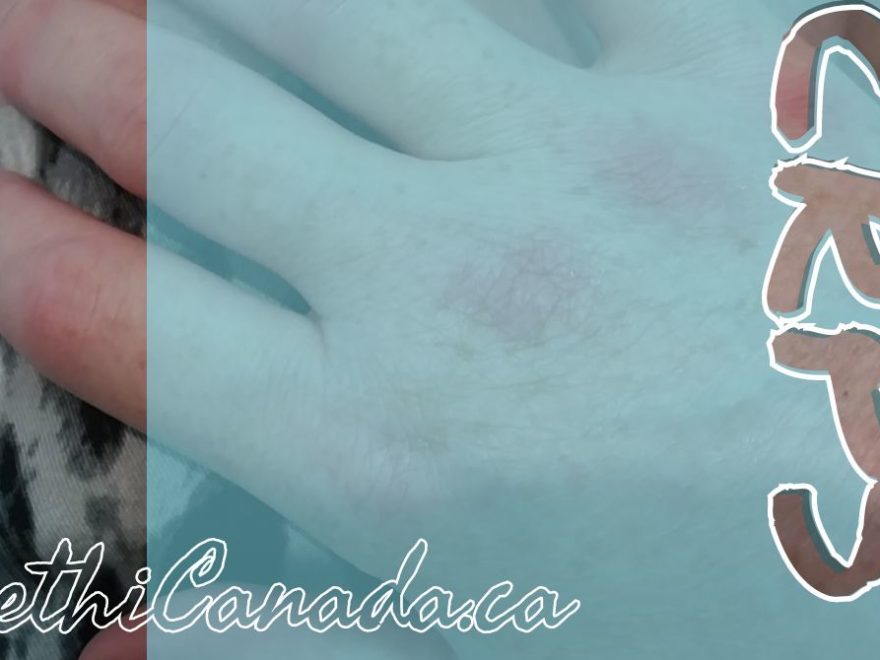This is a continuation of yesterday’s post, about how I chose to prepare for a potential meeting with a new specialist at a Pain Management Unit (PMU). It’s not certain that I’ll be accepted as a patient there, which is worrying me. Preparing for an eventual meeting with a physician there is helping deal with that worry.
When I told another chronic pain patient what I was doing, she suggested that I share it here – in case it could be helpful for anyone else. So here goes!
First of all, I made sure that my list of prescription medications is up-to-date. Along with other treatments I’m taking. I keep this all on an Excel workbook – with password protection – and bring a printed copy to my medical appointments.
If you want to do this for yourself, be sure to include all the capsules, drops, pills, syrups, and tablets that you take. Even prescription skin creams! Everything. A good place to start is your pharmacy. You can ask your pharmacist to print a list of all your prescription medications. That shouldn’t cost you anything. If it does, I’d suggest complaining to the pharmacy owner. If you fill prescriptions at more than one pharmacy, get a list from each of them.
If you do fill prescriptions at several places, consider moving all of them to one pharmacy. That will allow your pharmacist to check for harmful interactions, for medications that you shouldn’t take at the same time. Be sure to ask whether you can qualify for any discounts, by switching all your prescriptions to one pharmacy; I’ve heard that some pharmacies in the US will do this.
Once you have the printed list(s) of all your prescription medications, write onto it any multi-vitamins, individual minerals or vitamins (like the Vitamin C powder, which is mixed into water), herbal or homeopathic supplements that you take. Even powders or liquids that you mix into water or food.
It’s important to include any non-prescription pills and products you use. Anything that you buy in a pharmacy aisle or area, whether in a; grocery store, health food or homeopathic shop, supermarket, big box store, or on-line shop. Yes, even Advil, Aleve, Aspirin, Tylenol, and Voltaren gel. Even apple cider vinegar pills, and turmeric capsules or teas. Include even things like that.
This is really important because even supplements labelled all-natural can interfere with prescription medications. Certain supplements can increase or decrease the effect of a medication on your body. For example a supplement that can slightly lower blood pressure could be dangerous for someone who already has low blood pressure. They could feel dizzy, maybe even faint and fall.
Next, take a break!!! If you’ve already done all this, give yourself a big pat on the back – or a big hug!

Now that you have a list, keep it up-to-date. Add in anything new that you start taking. If you stop taking something, cross it off and write in the date on which you stopped taking it; and why. Which doctor told you to stop taking it? Did you stop taking it because you felt better?
Finally, bring this list with you, each time you have an appointment with a doctor or other health care professional. Ask them to make a copy for your file, so that you can keep the original copy. It’s your list, not theirs. Don’t let anyone pressure you into just giving it away.
If you’re lucky, you might already have most of this information available to you online, either through your pharmacy or through your doctor’s office or a hospital. In my area, we don’t yet have electronic medical records (EMR), so everything is still paper-based.
Once I’d updated my own list, it was time to start thinking about how to discuss my case – my disease – with a PMU specialist. If I’m accepted as a patient there, of course! To someone who might know about my rare disease, but who doesn’t know me. Who doesn’t know that I drove myself home after I slipped on ice and broke my arm; with a clearly snapped bone in my arm. That before my husband drove me to the hospital, I insisted that he help me change out of my favourite business suit. I knew I’d be getting a cast on my arm, and I didn’t want my suit to be ruined by plaster dust ‘-)
This new specialist wouldn’t know that it’s important to me to save my hand and arm, after being told at my community hospital that they might have to amputate it. They wouldn’t know that I was told, for three months, to stop exaggerating about the pain that I felt. That meanwhile an undiagnosed rare disease was damaging each joint of each of my fingers, as well as my wrist.
The best way I know to prepare for the unknown, to ready myself for something when I don’t know how it will go, is to ask myself questions. It sounds silly, I know, but it really does help me to figure out what’s important to tell someone in a specific situation. Like a first medical appointment at a PMU.
Tomorrow I’ll post the questions I’m asking myself, to prepare to discuss my case with a new doctor.
Have a fantastic day, and keep well!

